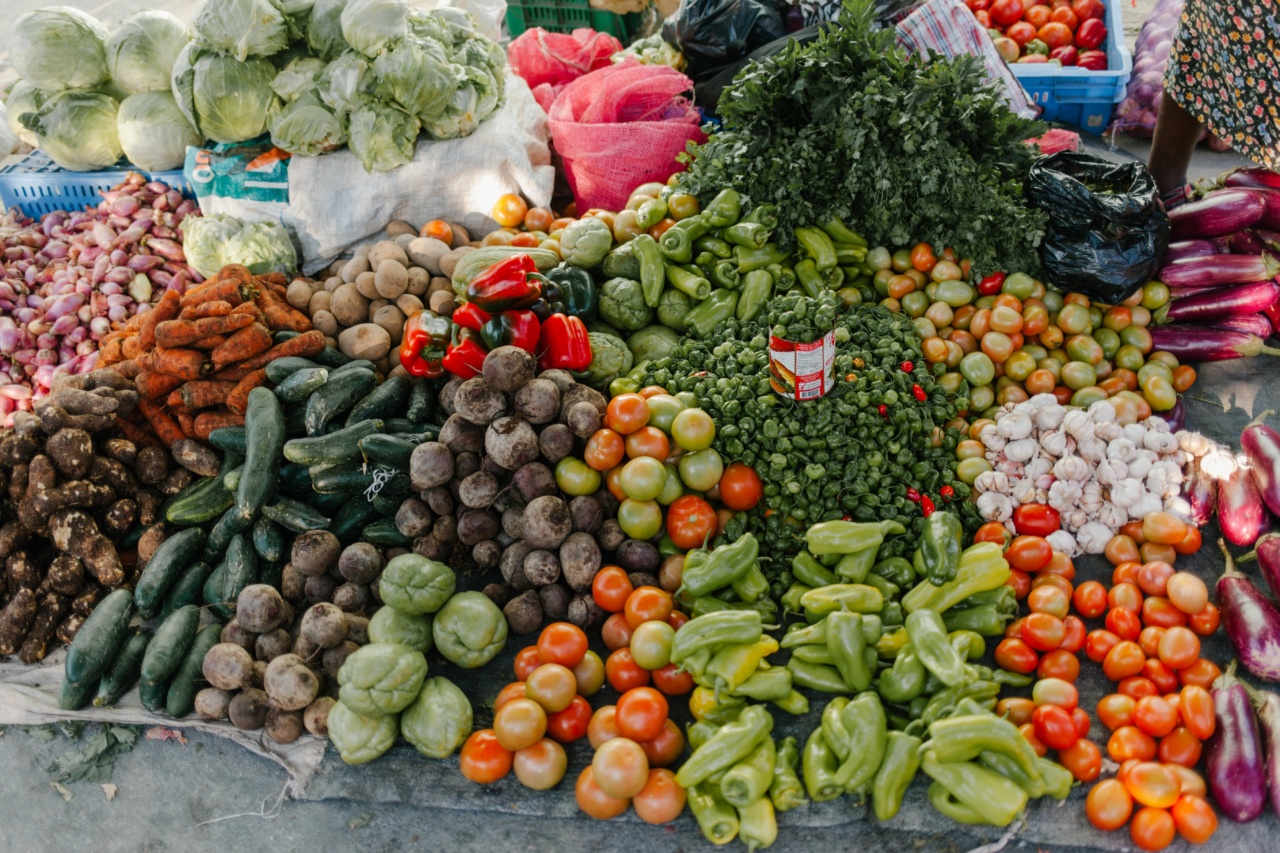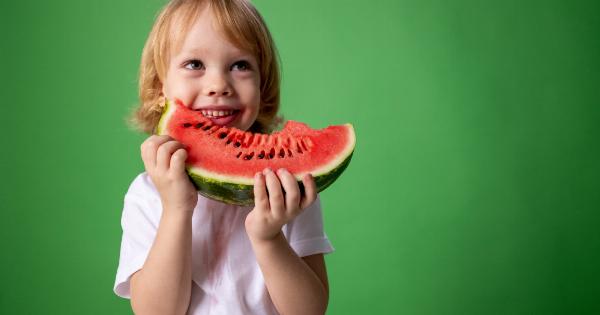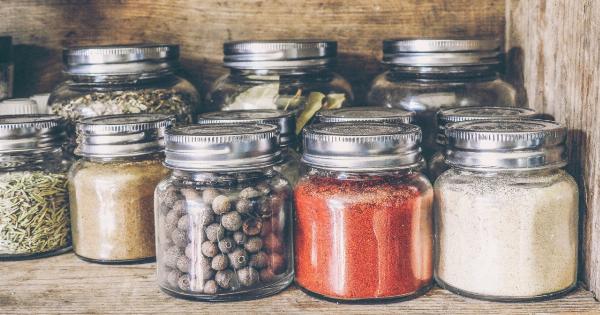When it comes to meeting your daily protein requirements as a vegetarian or vegan, it’s important to pay attention to your diet and ensure you’re getting enough of this essential nutrient.
While commonly associated with animal products, protein can also be found in a variety of plant-based foods. In this article, we will explore some of the best high-protein foods for vegetarians and vegans.
1. Lentils
Lentils are a great source of protein for vegetarians and vegans. With approximately 18 grams of protein per cooked cup, lentils offer a substantial amount of this nutrient. They are also packed with dietary fiber, iron, and folate.
Lentils can be used in soups, stews, salads, or even made into vegetarian patties.
2. Quinoa
Quinoa is a complete source of protein, meaning it contains all nine essential amino acids that the body needs. It provides approximately 8 grams of protein per cooked cup.
In addition to its protein content, quinoa is a good source of fiber, magnesium, and iron. This versatile grain can be enjoyed as a side dish, in salads, or as a base for a protein-packed stir-fry.
3. Chickpeas
Chickpeas, or garbanzo beans, are a staple in many vegetarian and vegan diets. They contain around 15 grams of protein per cooked cup and are also high in dietary fiber, iron, and folate.
Chickpeas can be used in a variety of dishes, such as curries, salads, and hummus.
4. Tofu
Tofu, made from soybeans, is an excellent source of protein for vegetarians and vegans. With approximately 20 grams of protein per half cup, tofu provides a significant amount of this nutrient. It is also a good source of calcium and iron.
Tofu can be cooked in various ways and used in stir-fries, soups, and sandwiches.
5. Chia Seeds
Chia seeds are a tiny but mighty source of protein, offering around 6 grams per two tablespoons. They are also rich in omega-3 fatty acids, fiber, and antioxidants.
Chia seeds can be added to smoothies, oatmeal, or used as an egg substitute in baking recipes.
6. Tempeh
Tempeh is another soy-based product that is packed with protein. With approximately 31 grams of protein per cup, it is a great option for vegetarians and vegans. Tempeh also contains significant amounts of calcium, iron, and probiotics.
It can be marinated and grilled, stir-fried, or used as a protein substitute in various dishes.
7. Seitan
Seitan, also known as wheat gluten, is a high-protein food often used as a meat substitute. It offers around 25 grams of protein per 3.5 ounces. Seitan is also a good source of selenium, iron, and phosphorus.
It can be used in stir-fries, stews, or grilled and enjoyed as a main course.
8. Edamame
Edamame, young soybeans, are not only delicious but also rich in protein. They provide approximately 17 grams of protein per cooked cup. Edamame is also a good source of fiber, calcium, and vitamin C.
These green beans can be boiled and enjoyed as a snack, added to salads, or included in stir-fries.
9. Hemp Seeds
Hemp seeds are a nutritional powerhouse, offering approximately 9 grams of protein per two tablespoons. They are also rich in omega-3 fatty acids, fiber, and magnesium.
Hemp seeds can be sprinkled onto salads, blended into smoothies, or used as a topping for yogurt or cereal.
10. Green Peas
Green peas are not only tasty but also a good source of plant-based protein. With around 8 grams of protein per cooked cup, they can be a valuable addition to a vegetarian or vegan diet. Green peas are also high in fiber, vitamin C, and vitamin A.
They can be enjoyed fresh, frozen, or used in soups, stews, and salads.
Conclusion
While meeting protein requirements as a vegetarian or vegan may initially seem challenging, there are plenty of plant-based options available.
Incorporating lentils, quinoa, chickpeas, tofu, chia seeds, tempeh, seitan, edamame, hemp seeds, and green peas into your diet can help ensure you’re getting an adequate amount of protein. Remember to combine these protein sources with a variety of fruits, vegetables, whole grains, and healthy fats to maintain a well-balanced diet.






























